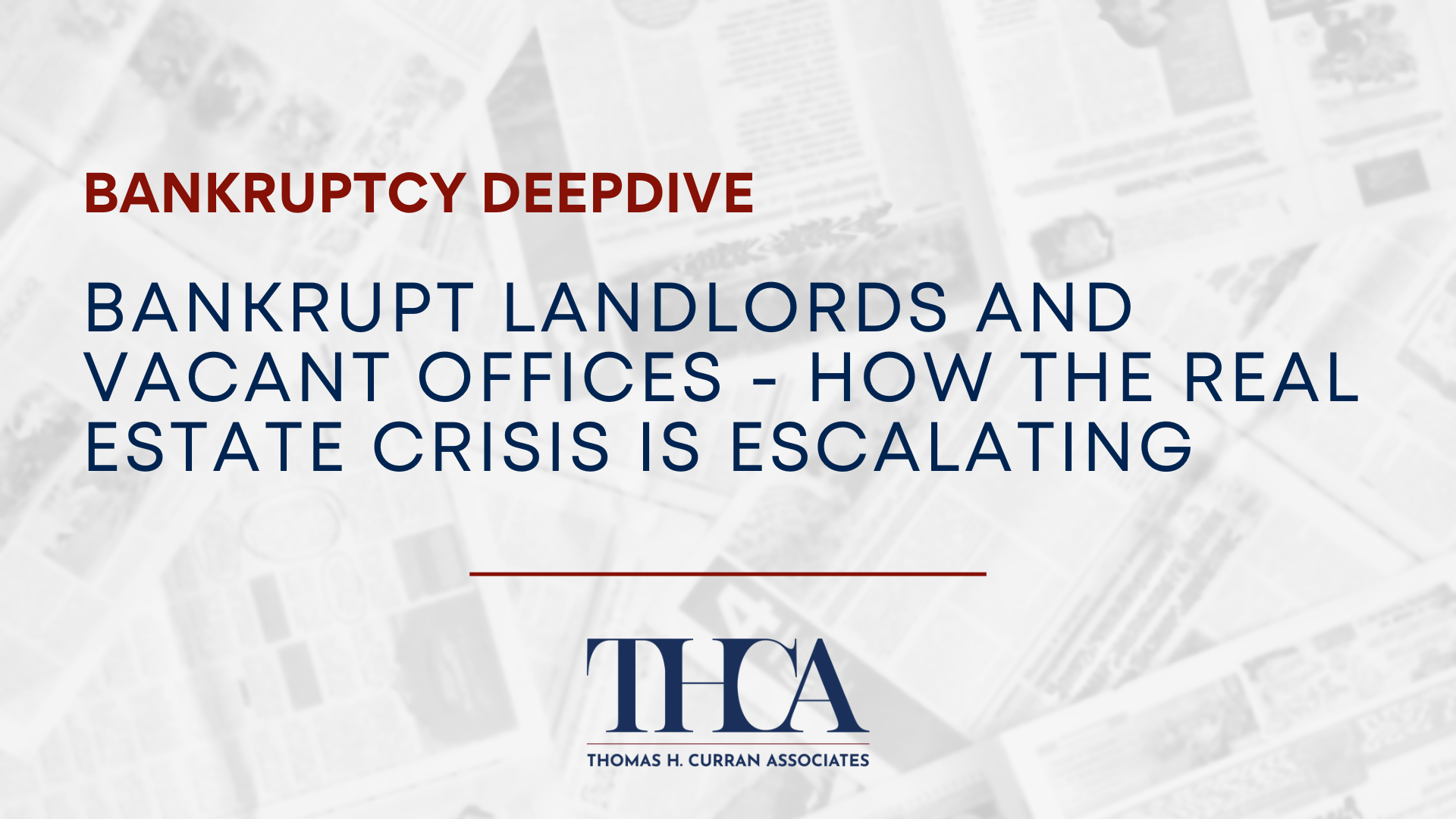Following the pandemic, a significant transformation in the corporate work structure was inevitable, especially for professionals accustomed to working in an office daily. Remote work has grown in popularity and has become integrated into the corporate structure of numerous companies to date. However, the pandemic-driven shift towards remote work has mainly contributed to a decline in the commercial real estate sector.
As of 2025, several reports indicate that office vacancies have surpassed the previous years. Boston, in particular, has had one of the highest vacancy rates in the last year, reaching 17.1% in February. San Francisco, another major city, remains the titleholder of the country’s most distressed market, averaging a vacancy rate of 27.8%. Denver and Seattle are close behind San Francisco, with vacancy rates that exceed 25%.
If these market trends continue, lenders and investors may become more reluctant to provide funding. This could ultimately lead commercial landlords to face foreclosure and file for Chapter 11 bankruptcy.
Landlords and tenants should proceed with caution while navigating the real estate market at this time. Both parties should seek advice before entering into any lease agreements to ensure their legal rights and financial interests are secured.
THCA Law provides expert guidance for landlords, tenants, and investors impacted by commercial real estate bankruptcies. We work hard to protect our clients and prepare them for any challenges they may encounter in this market environment.
For more information, please contact us at +1 (617) 207-8670 or visit https://thcalaw.com/contact/

